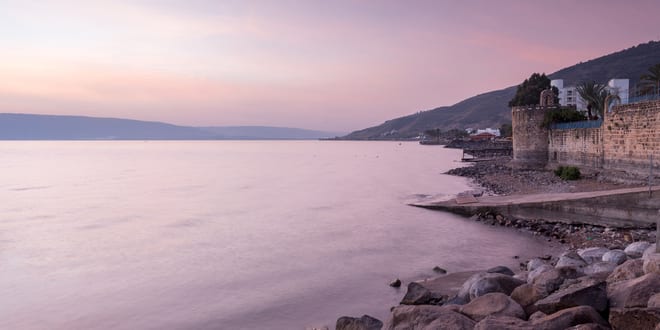
(Reuters) – Iran and Russia both gave upbeat views on Tuesday about talks that kicked off this week to salvage Tehran’s 2015 nuclear deal with global powers, although Western nations have said the negotiations are going too slowly.
Iranian Foreign Minister Hossein Amirabdollahian said a deal was possible in the near future if other parties showed “good faith” while Russian envoy Mikhail Ulyanov said a working group was making “indisputable progress” in the eighth round of talks.
Indirect talks between Iran and the United States resumed on Monday in Vienna, with Tehran focused on getting U.S. sanctions lifted again, as they were under the original bargain, despite scant progress on reining in its atomic activities.
The seventh round of talks, the first under Iran’s new hardline President Ebrahim Raisi, ended 11 days ago after some new Iranian demands were added to a working text.
Iran insists all U.S. sanctions must be lifted before steps are taken on the nuclear side, while Western negotiators say nuclear and sanctions steps must be balanced in the agreement, known as the Joint Comprehensive Plan of Action (JCPoA).
“The Vienna talks are headed in a good direction,” Iranian Minister Amirabdollahian said in comments to reporters broadcast by state media. “We believe that if other parties continue the round of talks which just started with good faith, reaching a good agreement for all parties is possible.”
France, Germany and the United Kingdom said in a statement on Tuesday that technical progress had been made in the last round and the parties now needed to fully focus on the key outstanding issues, particularly nuclear and sanctions.
They said while they were not setting an artificial deadline, there were weeks not months left to strike a deal.
“We are clear that we are nearing the point where Iran’s escalation of its nuclear program will have completely hollowed out the JCPoA,” they said.
“The negotiation is urgent – and our teams are here to work swiftly and in good faith towards getting a deal.”
ISRAEL WANTS FIRMER POSITION
The original agreement lifted sanctions against Tehran in exchange for restrictions on its atomic activities but Donald Trump pulled Washington out of the deal in 2018, a year after he became U.S president. Iran later breached many of the deal’s nuclear restrictions and kept pushing well beyond them.
The parties to the deal besides the United States – Iran, Russia, China, France, Britain, Germany and the European Union – kicked off the new round of talks on Monday.
Iran refuses to meet U.S. officials directly, meaning other parties must shuttle between the two sides.
Mikhail Ulyanov, the Russian envoy, said on Tuesday that a working group was making progress. “Sanctions lifting is being actively discussed in informal settings,” he wrote on Twitter.
The 2015 deal extended the time Iran would need to obtain enough fissile material for a nuclear bomb – if it chose to – to at least a year from about two to three months. Most experts say that time is now less than before the deal, although Iran says it only wants to master nuclear technology for civil uses.
Israeli Prime Minister Naftali Bennett said Israel would not automatically oppose a nuclear deal but world powers must take a firmer position.
Israel says it will never allow Iran to get nuclear weapons and that all options are on the table. Israeli leaders have said that a nuclear Iran would pose an existential threat to Israel.
“We are not the bear who said ‘No’,” Bennett said in an interview with Israel’s Army Radio, referring to a popular naysaying character from children’s literature.
“For sure there can be a good agreement. For sure. We know the parameters. Is that expected to happen now in the current dynamics? No. Because there needs to be a much firmer position.”
Bennett declined to comment on Israel’s military strike capabilities against Iran, saying he preferred the approach of “speak little and do a lot.”
(Reporting by Miranda Murray in Berlin, Jeffrey Heller, Dan Williams and Ari Rabinovitch in Jerusalem, and Dubai newsroom; Writing by Tom Perry; Editing by David Clarke)












